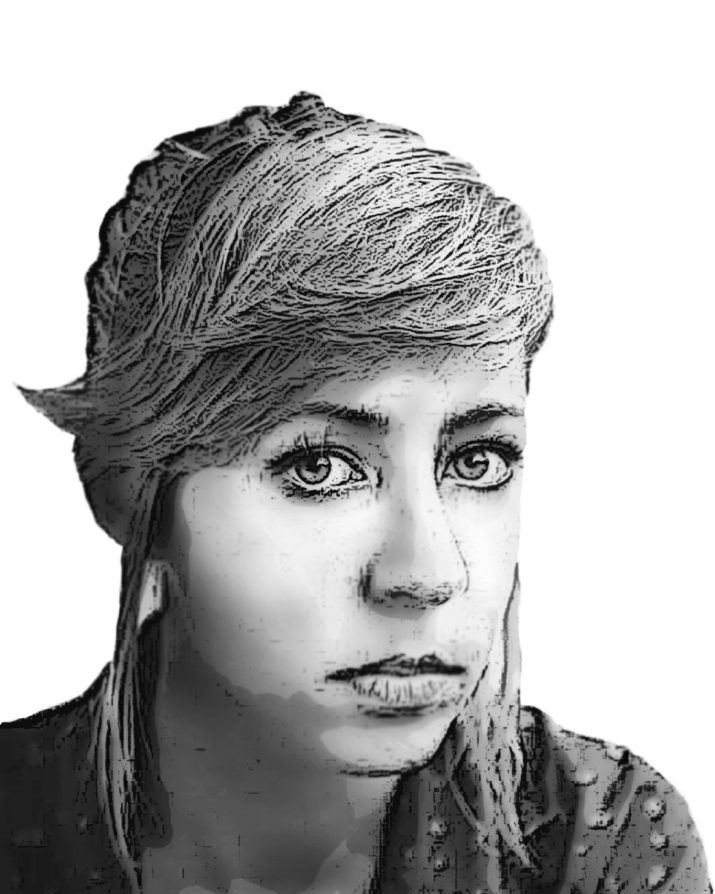

This is part of our feature on Poets and Power: Language of Resilience from Central and Eastern Europe
Translated from the Bosnian/Croatian/Serbian by Mirza Purić
Body Siege
This place of fear is called Kowloon
and its well-organised love
knows no bounds.
It’s cramped and hushed:
long dark lines
criss-cross the whispers
and you can never see the passion,
but on the dimmed windows
a coy, intimate fever
will always be drying.
Nights are especially melodious –
heads roll under the beds, children’s voices feebly scratch
the crust of frozen ovaries, curses trickle down the stairwells
– a thud resounds, for a week now they’ve been evicting
a family of ten from the shoe box downstairs –
scraps of paper burn in the skulls.
You’ve flicked a butt through the window when you should’ve flicked yourself,
and you’ll never get to sleep:
nails in the mattresses are always arranged
in a regular pattern, the indifference −
unbearable, deafening.
But here, too, something grows:
eyes on the doors of the tubular corridors,
child stubble grows on the roofs,
(at dusk, quiet conscience cleaners
scrape playful corpses off the bottom).
Street straits and dead-ends grow,
window myopia,
great machines bring in particles of air,
no light, no sense,
in the labyrinth of post-boxes
millions are buried.
Though the gates are always open
no one gets out of this place:
under surveillance by the sagging breasts of fear,
we’re walled into the greasy air.
Do not think
Kowloon a city.
It’s the abyss of instinct, body besieged.
While the world out there is soaked by rain
and loaves sprout from the soil.
Combustible Paranoia
You’re always on the edge between two chasms, cradle-ladles,
as your limping legs laze on the wall.
There are wider spaces in you, their evening chill
callously presses your palms
as if to pierce your insides, spill into the night,
into the rivers above the roofs, into the rotten orchards of the sky.
The periphery is the centre of irregularity,
except when you say Kowloon,
and death is so readily available,
though wars are but jubilees in disguise,
husks wrapped in light. Skins wilt like pot-plants of dead
grandmothers, abandoned factories produce
carcases of very small animals,
and you twitch as long as tar gushes out of you
– everything is buggered, everything is burnt,
a turntable inhabits your stomach, but the needle is a bit jammed.
Those forced to queue groin to groin,
wearing coats in pre-death colours,
trip over dark elastic band rings under their eyes,
a smile in lieu of change,
the law of natural death, and combustible paranoia,
Yes, this place smells too much of gourds,
of staleness,
decay.
You turn around, as pathetic as swaying grain:
farewell vineyards,
farewell warm family tombs,
factory workers of poetry, intimacy automatons
and chocolate bars.
Edges everywhere,
and morning has happened to no one.
The Fear That the Rain Might Stop
Pt I
Drobeta-Turnu Severin under the snow and
the steel-coloured Danube carrying trains downstream,
a provincial Vienna in a snow globe
which someone has shaken too vigorously:
the revolution has taught us to be friendly
and that dictators are most exciting in museums.
Melancholia and my
terrifying eastern European hunger,
cloves of red onion suddenly grow below my eyes,
that’s Kowloon turning empty streets upside down,
a little rat in your blood stream
sprays white, and a handful of black dots
open up on your chest:
fears, shards, bans
everything is closed for visitors, even
people with Danube limbs:
We don’t have better smokers room – accent –
I can say hello, thank you and
may I have some water.
Darling, man is truly a poppy seed
in the teeth of capitalism.
Anja Marković was born in Belgrade in 1988. She holds a degree in Serbian language and literature and comparative literature from the Faculty of Philology, University of Belgrade. She has published two collections of poetry – her prize-winning 2012 debut Napolju su ljudi (People Outside), and Kowloon (2016). She works as an editor at the publishing house Dereta.
Mirza Purić translates literature from German, Bosnian/Croatian/Serbian, and plays angry minimalist music in Gudron. He serves as an editor-at-large with Asymptote and does a lot of pro bono work for writers and poets who operate outside of the mainstream. In 2015, a piece he translated was nominated for a Pushcart prize.
Photo: Anja Marković, Private
Photo: Mirza Purić, Private
Published on March 1, 2017.




